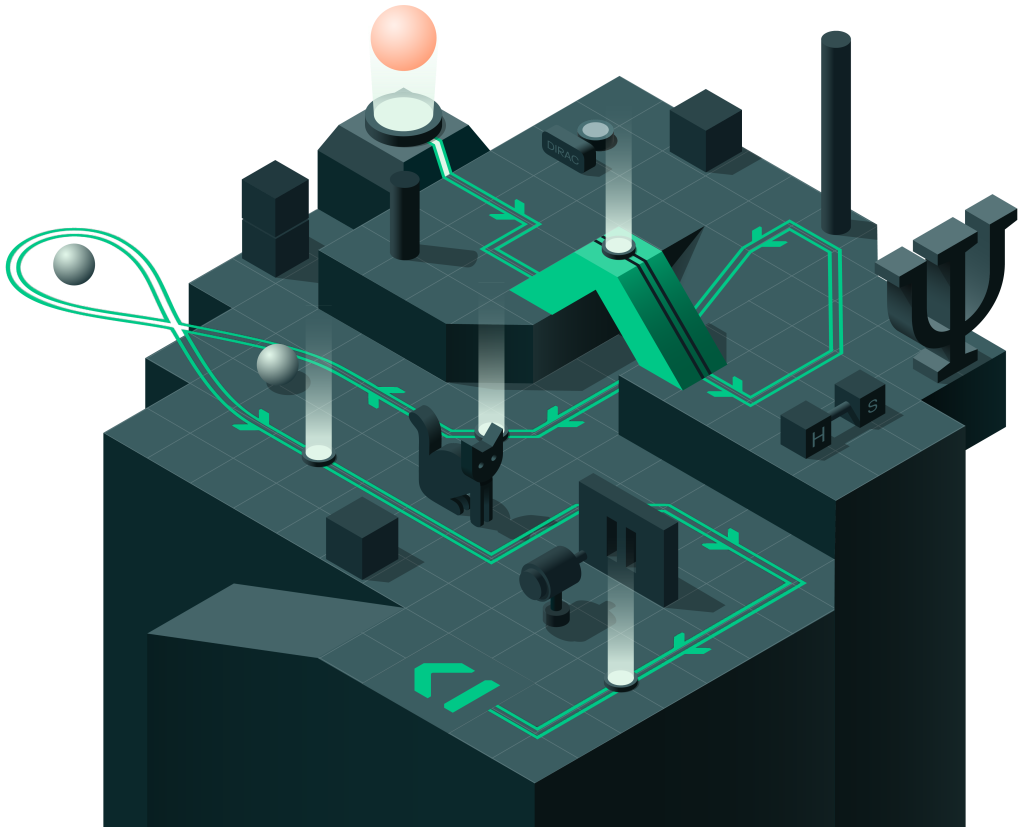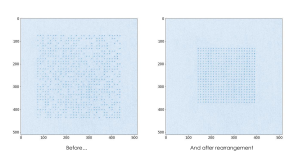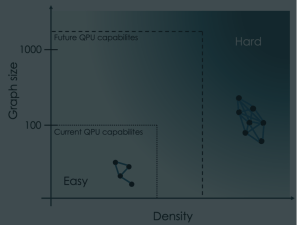Authors: Kemal Bidzhiev
Quantum computing is steadily entering our lives. The technology sets highly ambitious goals and promises to tackle a wide range of challenges. In particular, the Pasqal Quantum Processing Unit (QPU) is successfully used to address real world problems. Examples include scheduling and planning of satellite constellations, forecasting energy demand and material aging in nuclear power plants, the efficient allocation of cargo containers for maritime logistics and several others. These problems are linked by their mathematical nature and they all belong to the same category of problems, which quantum computing is principally designed to solve.
Pasqal’s quantum computers use individual atoms for calculations and manipulate them using lasers to perform quantum operations. Small perturbations in atom positions or laser frequency noise are natural components of the physical processes inside quantum computers. While such minor disturbances typically have little impact on classical systems, they can significantly affect quantum systems, resulting in delicate and highly sensitive quantum states. Given the fragile nature of these states, how can we determine whether a quantum computer is operating correctly and not being compromised by noise? To answer this question, at Pasqal we carefully analyze how each parameter influences quantum computing processes, with the help of emulators.
What is a quantum emulator
Pasqal QPUs are supported by digital twins, also known as emulators. These are software tools that run on a classical computer and are designed to replicate the behavior of our QPUs as closely as possible. Think of them as virtual models that allow people to test, tweak, and explore quantum algorithms without needing to access a real quantum device every time. Emulators are incredibly useful for understanding how different parameters influence quantum computations. They help validate results, identify potential issues, and reduce uncertainties before running anything on actual hardware.
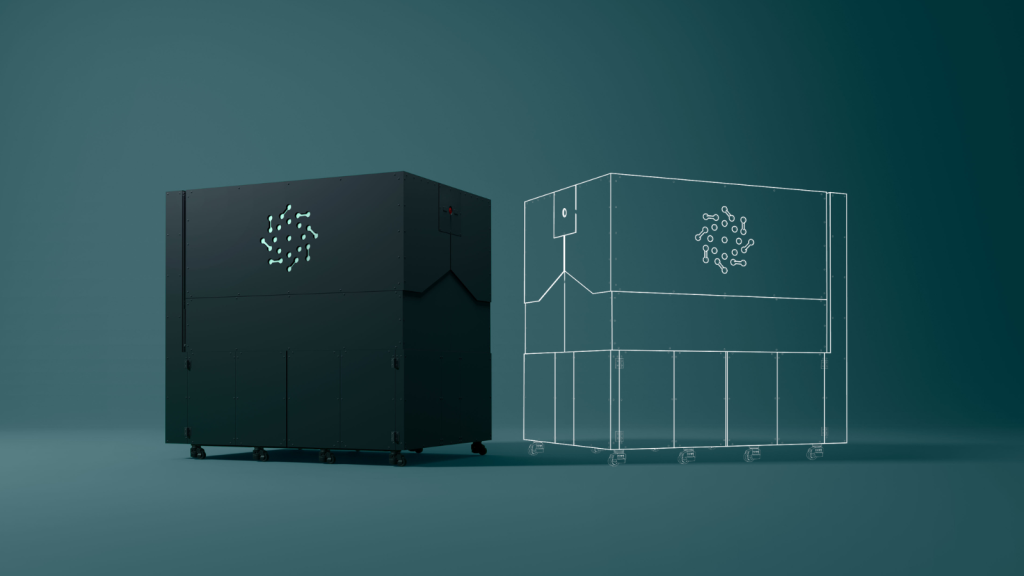
However, since emulators run on classical computers, they come with certain limitations. The more qubits you try to emulate, the more data and processing power are required, in fact, every additional qubit doubles the memory and computational resources needed. As a result, the system quickly becomes too large to handle efficiently. Indeed, to exactly simulate a system with 300 entangled qubits, you’d need to store more numbers than there are atoms in the entire universe. In practice, this limits most simulations to around 100 qubits or fewer, which strongly depends on the approximation method used and the complexity of the system.
Pasqal’s emulators are built with advanced computational methods and optimized for efficiency, allowing users to get the most out of these tools. They can run across a broad range of systems: from standard laptops to large-scale high-performance computing (HPC) clusters equipped with GPUs.
Why we use Emulators and why they matter
Emulators, serving as software analogs of our QPUs, play an essential role. Although emulators can’t replicate QPUs with a large number of qubits due to memory limitations, they are well-suited for exploring quantum algorithms at smaller scales. This provides a valuable starting point. Testing with small problems helps quickly eliminate wrong approaches, saving time and guiding development more efficiently. Real-world projects have demonsrtated this advantage. For example, in an optimal allocation task of cargo containers, emulators helped distinguish between approaches that could be translated to a real QPU and those that could not.
These are some of the key ways emulators can improve your projects:
Validate QPU results
Emulators offer full access to the quantum state, unlike QPUs, which are limited by quantum measurement and noise. This access enables detailed analysis of system behavior during computation. By comparing ideal emulator outputs with noisy QPU results, users can pinpoint errors and assess the impact of effects like decoherence, laser noise, and crosstalk.
Enable error mitigation
Noise-tunable emulators transform quantum errors into a controlled experiment. By isolating and combining noise sources, researchers study quantum algorithm behavior under realistic conditions and identify the most beneficial hardware improvements. Full virtual control enables exploration of error correction and fault-tolerant quantum computing (FTQC) algorithms.
Reduce Costs
Emulators run on your classical computer with no per-shot fees, queues, or special infrastructure. They are a far less scarce resource today, which contributes to their lower cost compared to quantum processing units (QPUs). By handling most development and testing on emulators, users save both time and money. Users will be able to reserve the QPU for critical final runs. This maximizes efficiency and ensures users can access quantum resources where they matter most.
Accelerate algorithm development
Emulators act as a research sandbox. They enable users to prototype, debug, visualize, and optimize quantum algorithms in a fully transparent and controlled environment. They offer flexibility to test configurations and fine-tune parameters. Emulators provide full visibility into algorithm behavior and accelerate the transition from theory to implementation.
Explore beyond current hardware limits
Beyond replicating current hardware, emulators let researchers explore scenarios beyond today’s QPUs, like complex geometries and precise local qubit control. They also integrate with machine learning techniques to optimize laser pulse durations without compromising accuracy. This leads to more robust results while reducing QPU runtime.
Explore now the benefits of our quantum emulators
Discover how you can leverage Pasqal Quantum Emulators in your quantum projects.
From Features to Solutions: how to select the right Emulator for Your Project
Pasqal offers two primary emulators: Emu-mps, and Emu-sv, which are accessible through the quantum computing interface Pulser. Each of the quantum emulators is built for different types of problems and system sizes. Whether users are working on small experiments or large-scale simulations, there’s a tool that fits different needs.
We’ll introduce each one below in a quick overview of the emulators, and dive deeper in upcoming blog posts.
Emu-sv
Emu-sv uses a full state-vector representation to capture the entire quantum state. It is ideal for testing quantum algorithms and research projects involving a small number of qubits.
Key features
- Supports systems ≤ 25 qubits
- Emulates Rydberg systems with high precision at machine-level accuracy.
- Capable of emulating arbitrary atomic positions
- Based on state vector representation
- Runs efficiently on both GPU/CPU, leveraging the full capacities of modern HPC clusters
Emu-mps
Emu-mps is an emulator based on Matrix Product States (Emu-MPS). It enables scalable QPU emulation for larger systems beyond the limits of Emu-sv.
Key features
- Handles systems ≤ 60 – 100 qubits, depending on geometry and complexity.
- Utilizes modern tensor network methods with quantum state compression
- Introduces controlled approximations as a fundamental part of the emulation process
- Can emulate around 60 qubits in 2D layouts, significantly more in 1D, and, in some cases, supports 3D configurations depending on the task.
Get Started with Pasqal’s Emulators
Emulators are a fundamental tool in quantum computing. They enable rigorous development, thorough testing, and meaningful progress before deploying on quantum hardware. They provide transparency, flexibility, and capabilities that are critical for advancing technology deployment, research and development in this field.
At Pasqal, we’ve developed emulators to support every phase of work with quantum computing. These emulators assit with tasks ranging from initial algorithm prototyping to complex hardware experimentation. Our tools enable industry practitioners, researchers and developers to optimize algorithms. They also benchmark performance. Users can prepare for new hardware advancements more efficiently efficiency and with greater reliability.
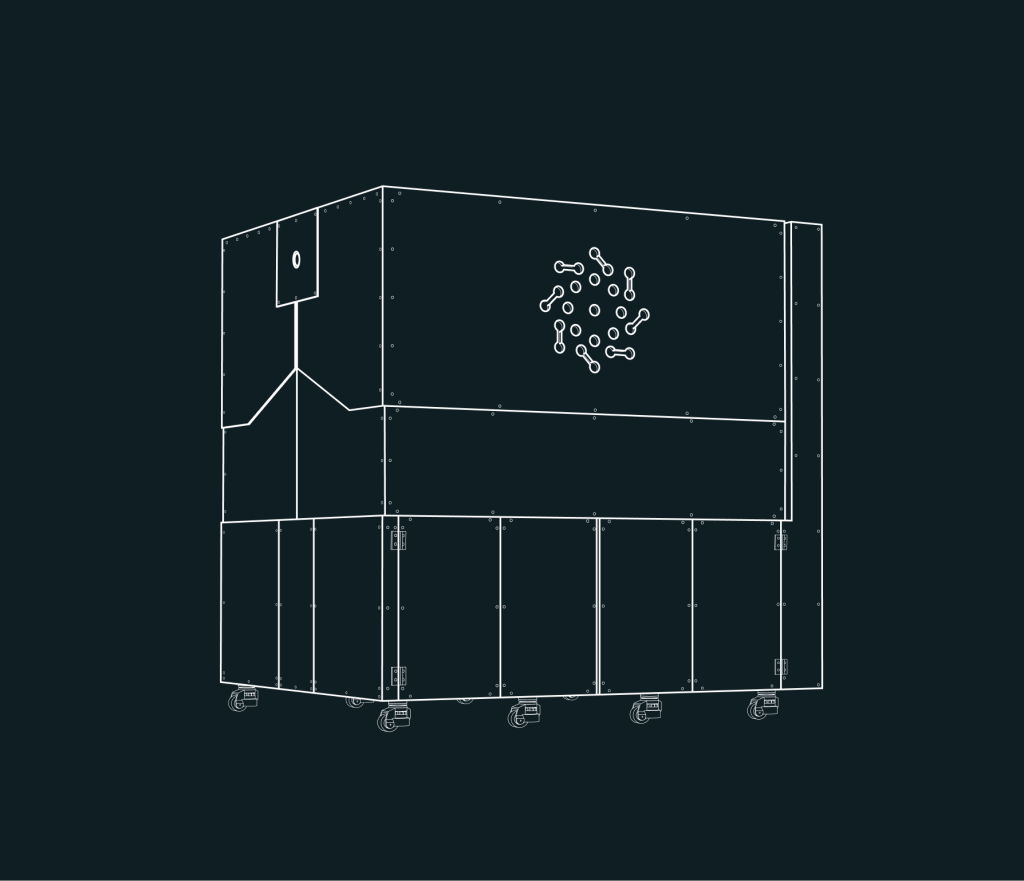
Ready, Set, Emulate
Explore Pasqal’s emulator resources to start building and testing quantum algorithms with confidence. Access the full documentation and the open-source repositories to accelerate your quantum projects and join the growing developer community.
Join Pasqal Community
To further engage with this cutting-edge technology and connect with like-minded quantum enthusiasts, consider joining the Pasqal Community. It offers a wealth of resources including Quantum Quest, our interactive e-learning platform, access to open-source tools and libraries, and a dedicated Slack workspace for global networking.
By becoming a member of Pasqal community, you’ll have the opportunity to shape the future of quantum emulators and help us drive innovation in quantum computing in general. Get invoveld and contribute. Your inputs and ideas make a whole difference.
Become a member
Learn and discover quantum at all levels. Get hands on to see how quantum can help you, and connect with quantum innovators.
